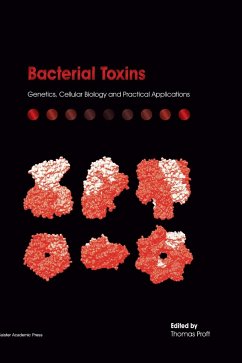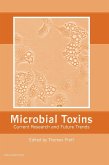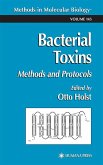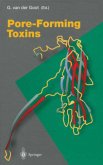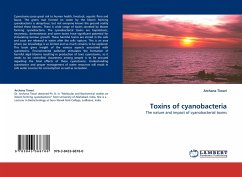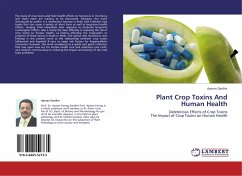Toxins are virulence determinants that play an important role in microbial pathogenicity and/or evasion of the host immune response. This makes them ideal targets for the development of novel antimicrobial strategies. The potential applications of toxin research extend beyond simply combating microbial pathogens and include use as novel anti-cancer drugs and other front-line medicines and as tools in neurobiology. In the field of cellular biology, toxins have become invaluable as tools for the manipulation and investigation of fundamental cellular and physiological processes. Research in this area is thriving and at a very exciting stage. This timely volume serves as an update on the most important recent advances in the genetics, cellular biology and practical applications of the most important bacterial toxins. Written by internationally respected scientists from eight different countries, topics reviewed include: the molecular basis and risk factors for verotoxin pathogenesis; molecular mechanisms of Helicobacter pylori CagA translocation and function; structure and mechanisms of action of pore-forming toxins; bacterial enterotoxins as immunomodulators and vaccine adjuvants; mobile genetic elements as carriers for bacterial virulence genes; the novel family of staphylococcal superantigen-like toxins (SSLs); new insights into the use of botulinum neurotoxins as therapeutics; microbial toxins as tools in cell biology; the role of the large clostridial cytotoxins in C. difficile disease. Essential reading for everyone with an interest in bacterial toxins and recommended book for researchers interested in microbial genomics and microbial pathogenesis.
Hinweis: Dieser Artikel kann nur an eine deutsche Lieferadresse ausgeliefert werden.
Hinweis: Dieser Artikel kann nur an eine deutsche Lieferadresse ausgeliefert werden.

